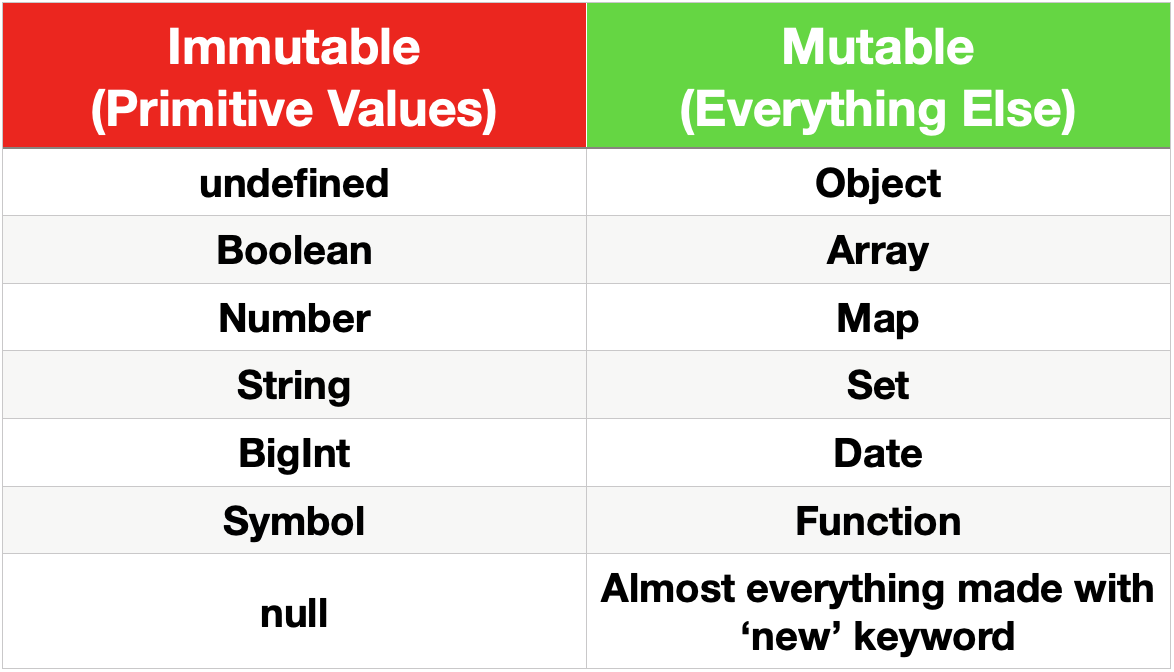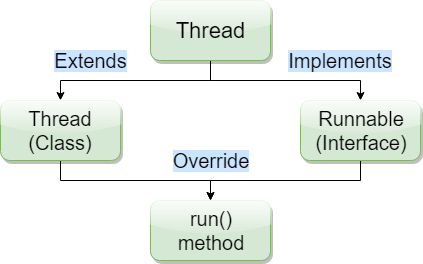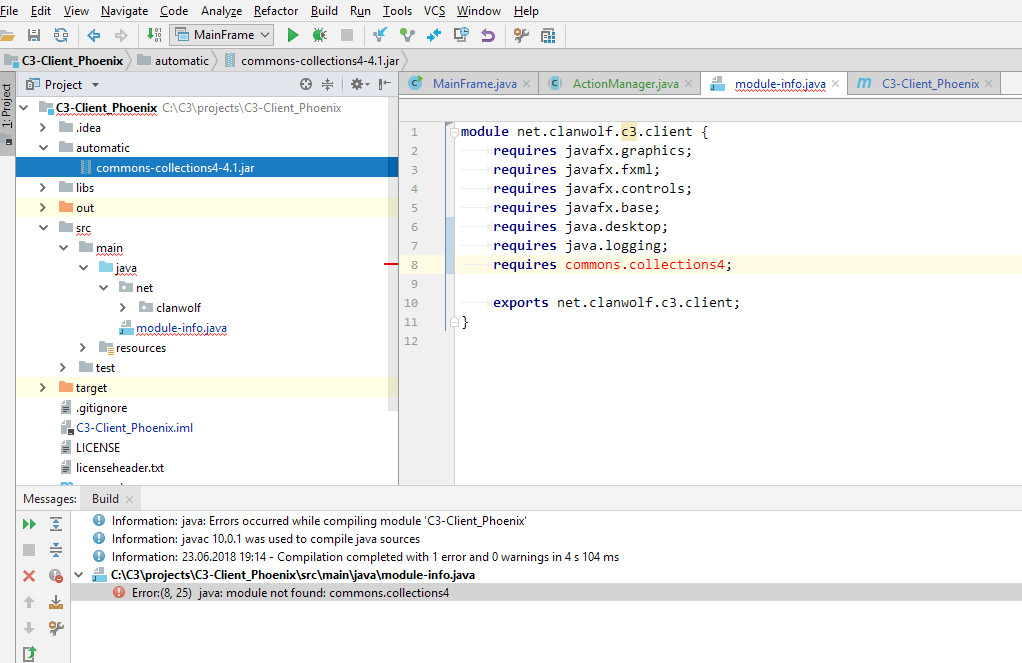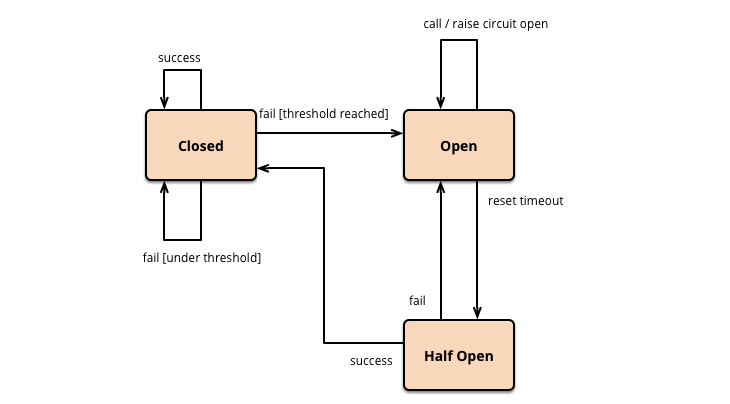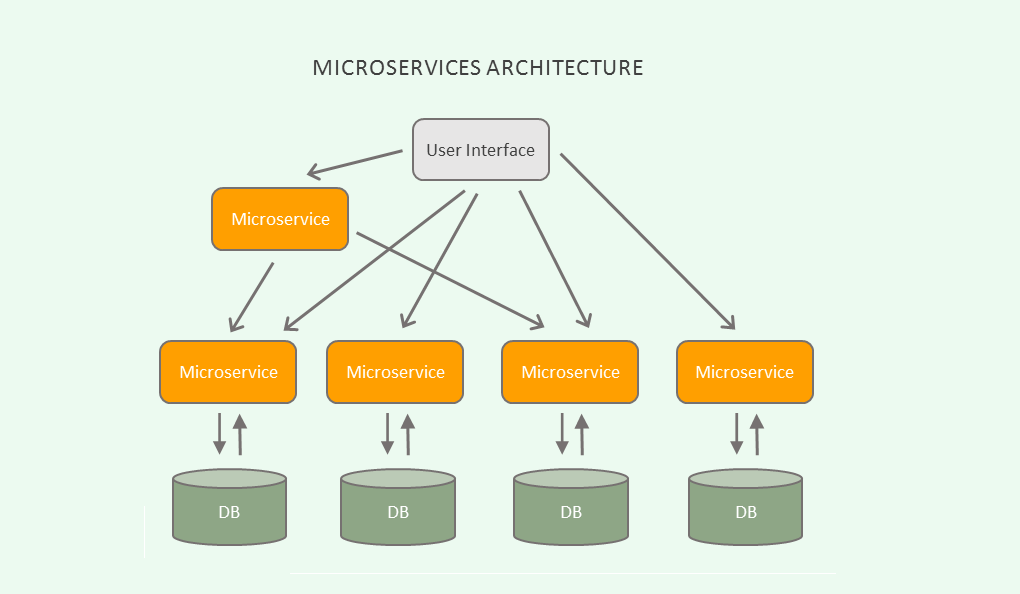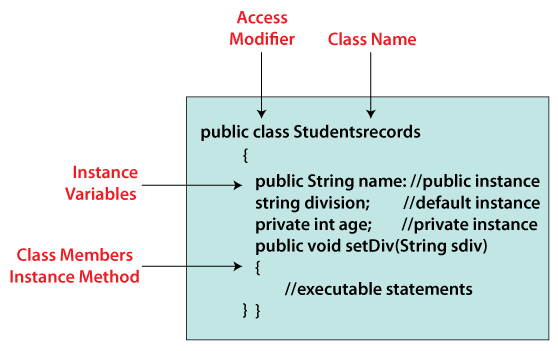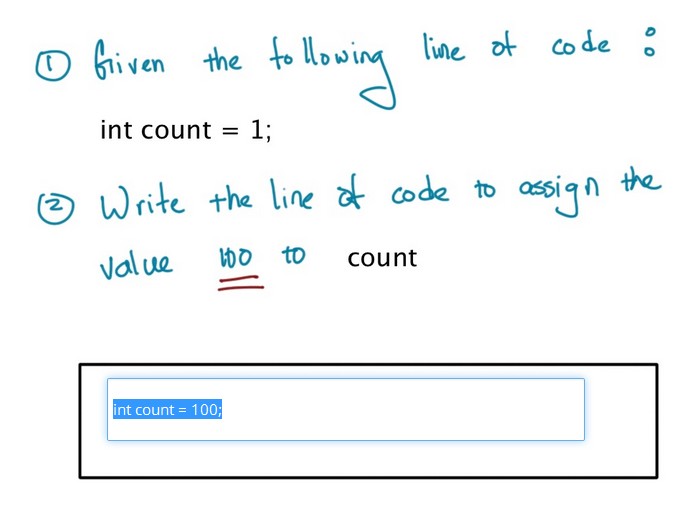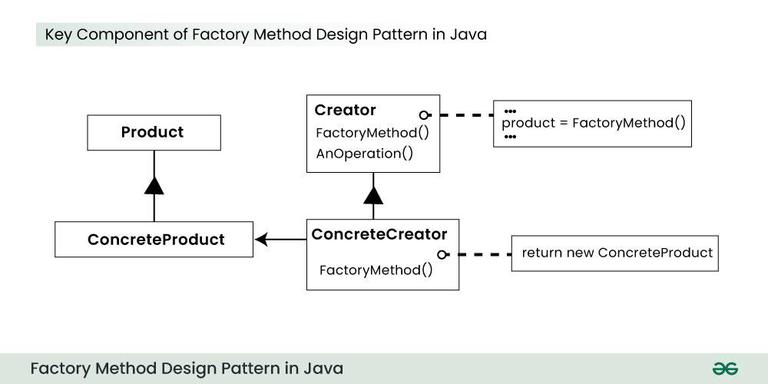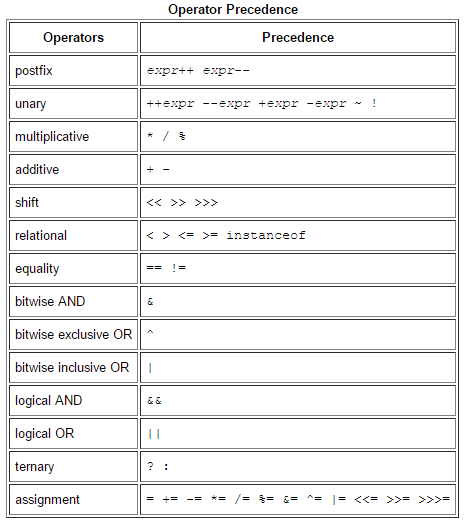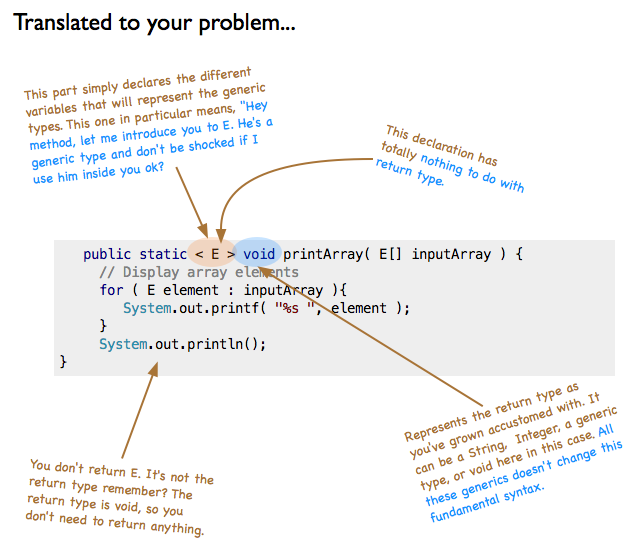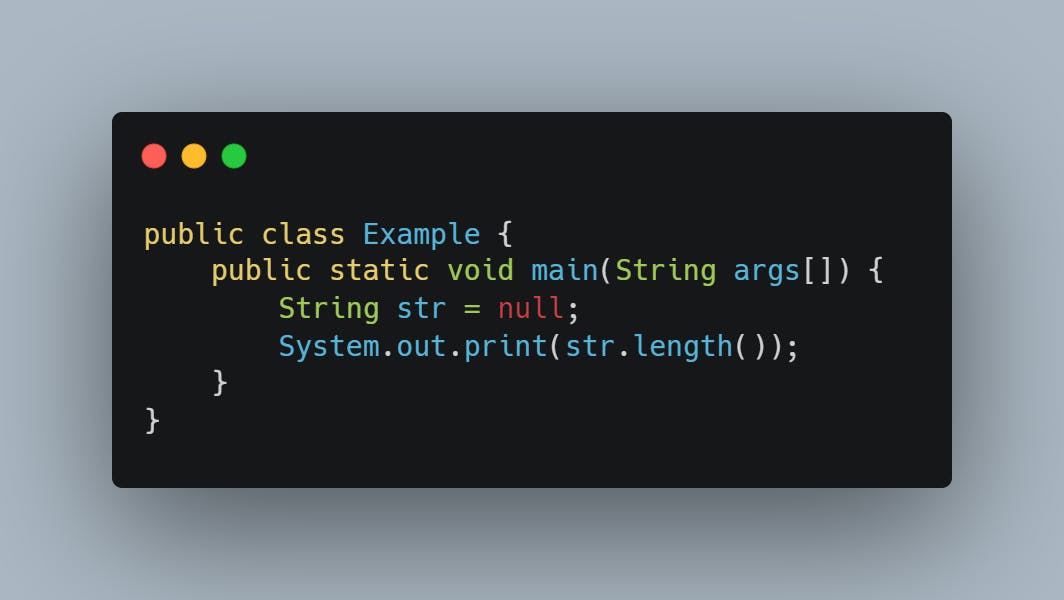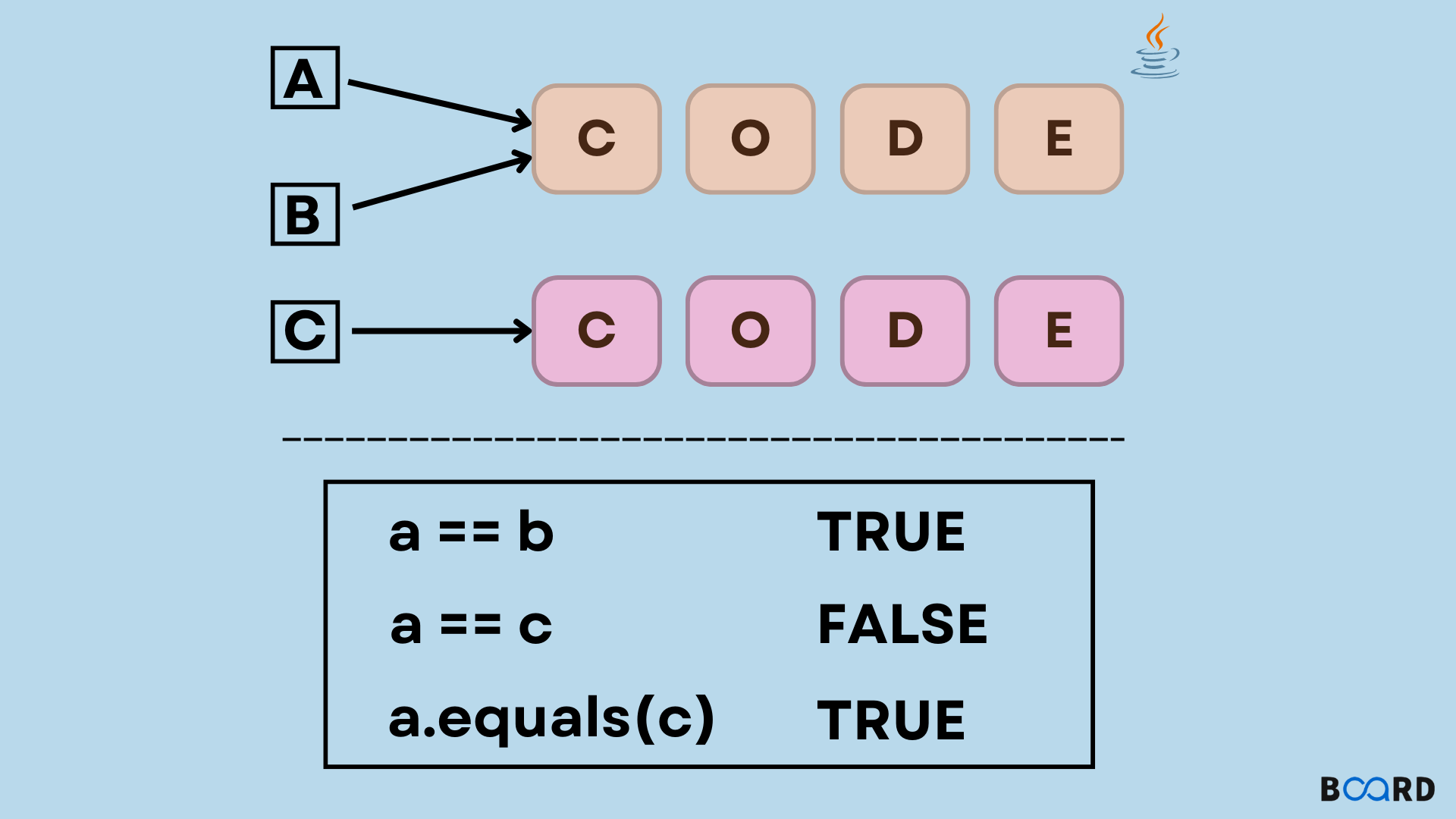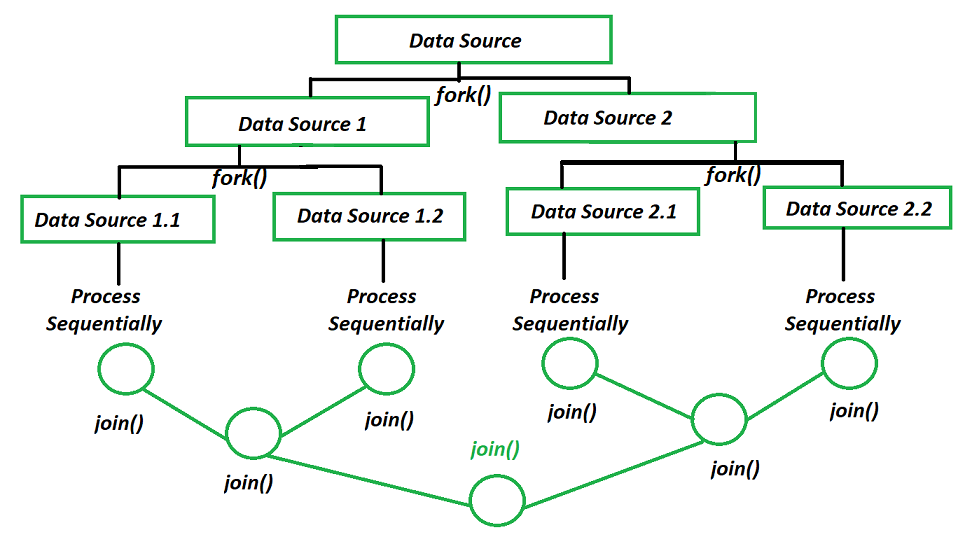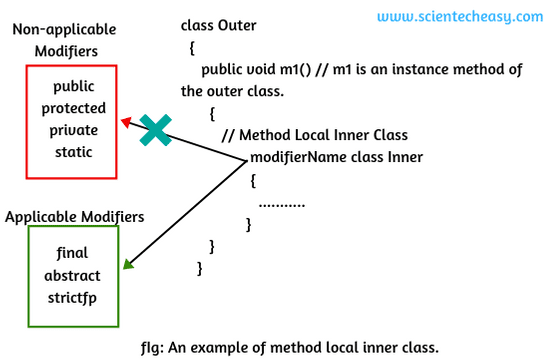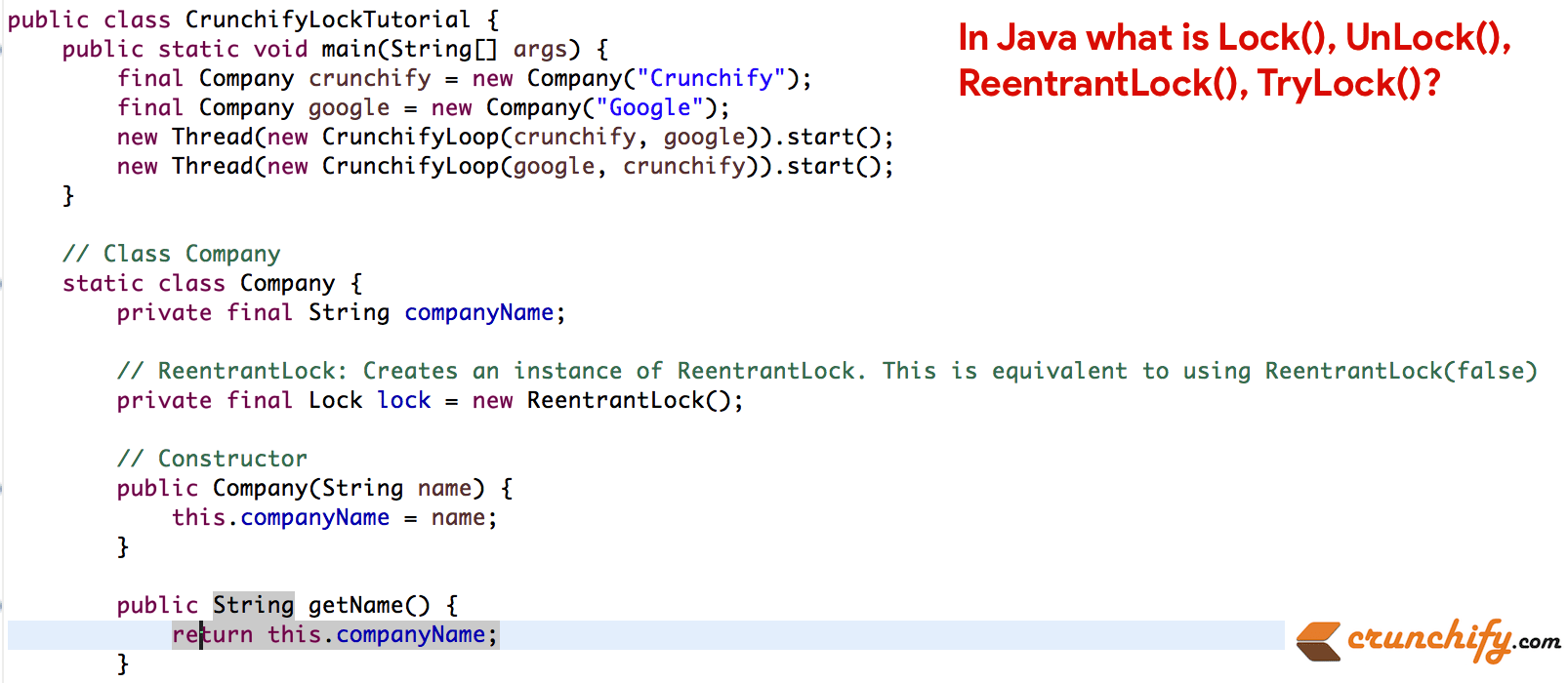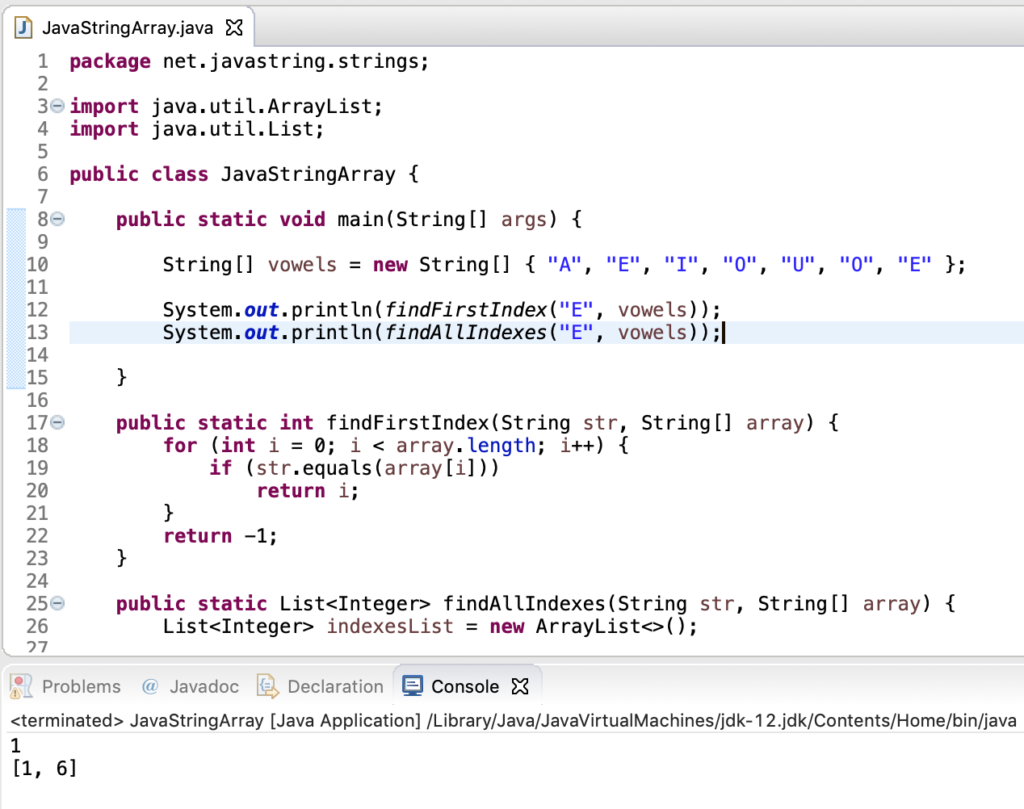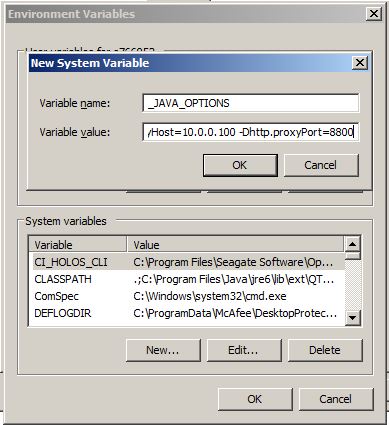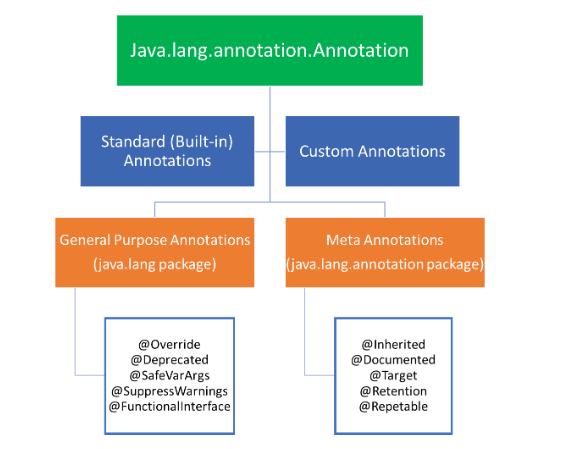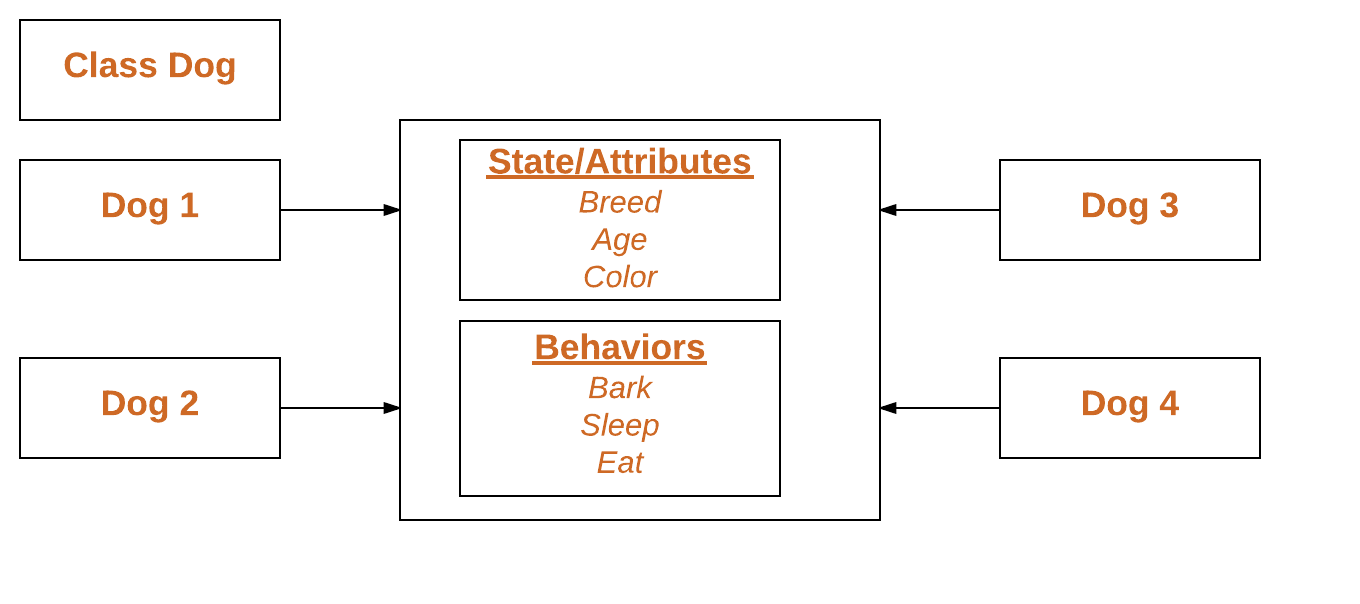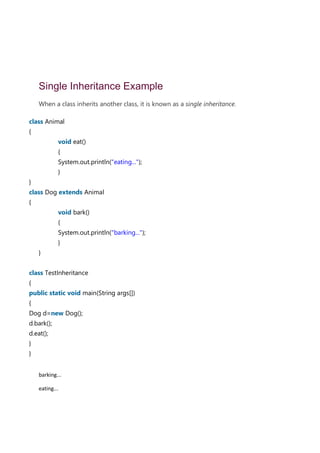How to create a class in Java?
How to create a class in Java?
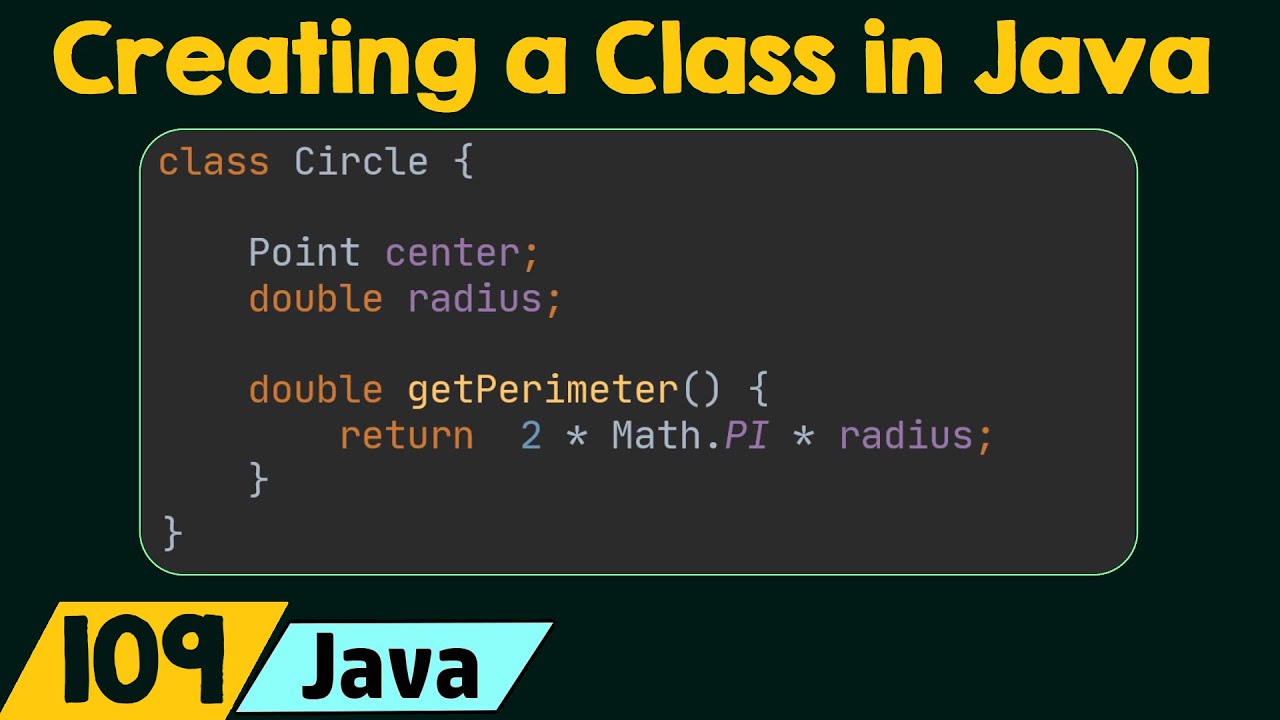
I'd be happy to explain how to create a class in Java!
In object-oriented programming (OOP), a class is a blueprint or a template that defines the properties and behavior of an object. In Java, you can define a class using the public or private access modifier followed by the name of the class. Here's a basic example:
public class Dog {
// Properties (data members)
private String name;
private int age;
// Constructor
public Dog(String name, int age) {
this.name = name;
this.age = age;
}
// Methods (behavior)
public void bark() {
System.out.println("Woof!");
}
public void wagTail() {
System.out.println("Wagging my tail...");
}
}
In the above example, Dog is a class with two properties: name and age. These are also known as data members or instance variables. The constructor is a special method that's called when an object of this class is created. It initializes the properties of the object.
The class also has two methods: bark() and wagTail(). These are behaviors that the dog can exhibit. In this example, the bark() method prints "Woof!" to the console, while the wagTail() method prints "Wagging my tail..." to the console.
To create an object from a class, you need to instantiate it using the new keyword:
public class Main {
public static void main(String[] args) {
// Create a Dog object
Dog myDog = new Dog("Fido", 3);
// Use methods of the Dog class
System.out.println(myDog.name); // Prints "Fido"
myDog.bark(); // Prints "Woof!"
myDog.wagTail(); // Prints "Wagging my tail..."
}
}
In this example, we create a Main class with a main() method. Inside the main() method, we create an object of type Dog using the constructor: myDog = new Dog("Fido", 3). Then, we print out the name and age of the dog using the name property, and use the bark() and wagTail() methods.
These are just the basic concepts of creating a class in Java. There's much more to learn, such as inheritance, polymorphism, interfaces, abstract classes, etc., but this should give you a good starting point!
How is an object created in Java?

I'd be happy to explain the process of creating objects in Java!
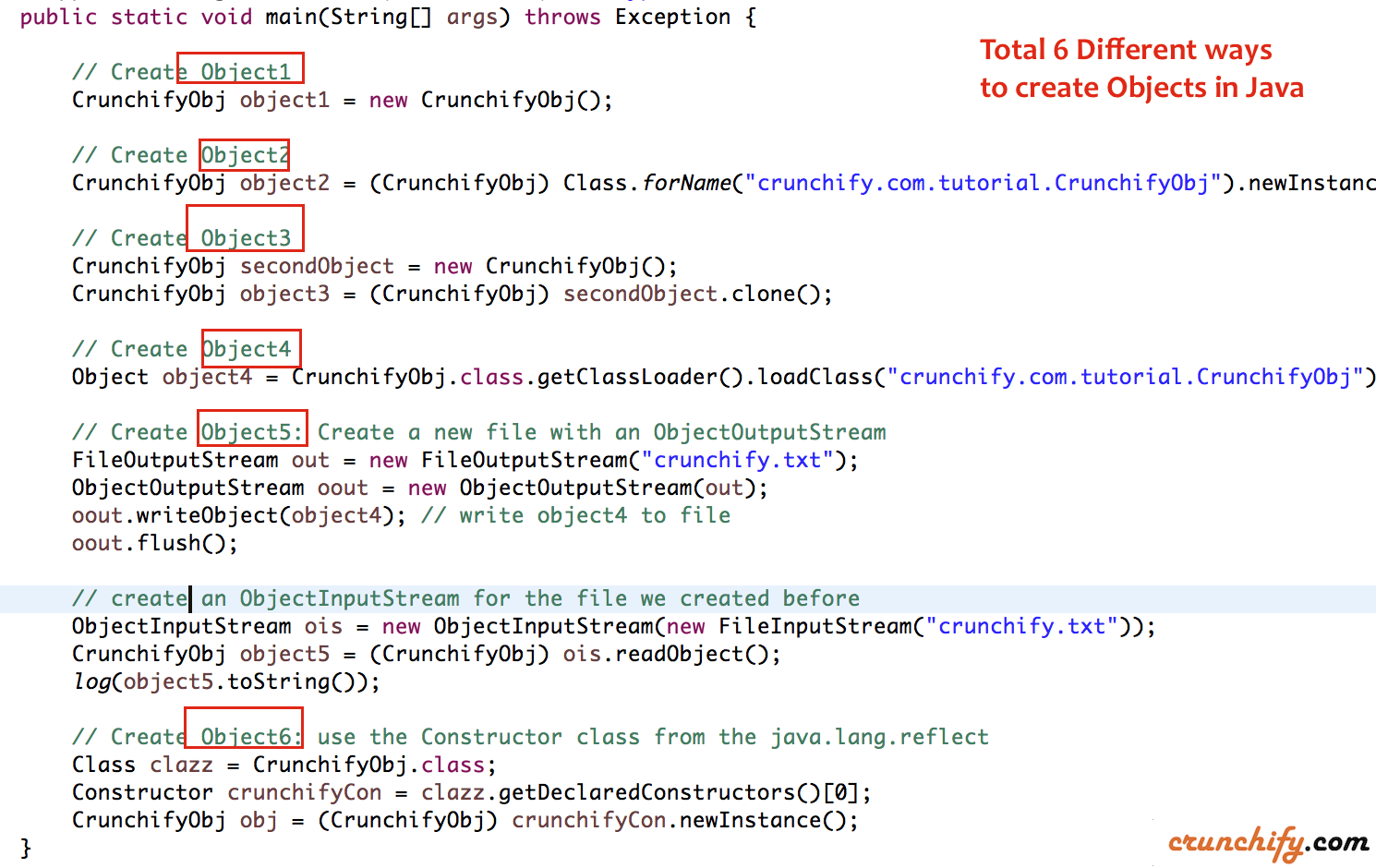
In Java, objects are instances of classes that define their behavior and characteristics. The process of creating objects in Java involves several steps:
Defining a Class: A class is a template for creating objects. It defines the properties (data) and methods (behaviors) of an object. A class is essentially a blueprint for creating objects. Instantiating an Object: To create an instance of a class, you use thenew keyword followed by the name of the class. For example: MyObject myObject = new MyObject();. This statement creates a new instance of the MyObject class and assigns it to a variable called myObject. Constructors: When an object is created, Java calls a special method called the constructor to initialize the object's properties. A constructor is a method that has the same name as the class and does not have a return type. It is used to set up the initial state of an object. Properties (Fields): Objects in Java have properties or fields, which are variables that store values for the object. For example, if you define a class called Person with a property called name, then each instance of Person will have its own name property. Methods: Objects also have methods, which are blocks of code that perform specific actions on an object. Methods can operate on the object's properties and perform various tasks. For example, if you define a method called printName() in the Person class, then each instance of Person will have its own version of the printName() method.
Here is a simple example:
public class Person {
String name;
int age;
public Person(String name, int age) {
this.name = name;
this.age = age;
}
public void printInfo() {
System.out.println("Name: " + name);
System.out.println("Age: " + age);
}
}
public class Main {
public static void main(String[] args) {
Person person1 = new Person("John", 30);
person1.printInfo(); // prints Name: John, Age: 30
Person person2 = new Person("Jane", 25);
person2.printInfo(); // prints Name: Jane, Age: 25
}
}
In this example, we define a Person class with properties name and age, as well as a constructor to initialize these properties. We also define a method called printInfo() that prints out the person's name and age.
To create objects from this class, we use the new keyword to instantiate the class and assign it to a variable. For example: Person person1 = new Person("John", 30);. This creates a new instance of the Person class with the specified properties and assigns it to the variable person1.
Overall, creating objects in Java involves defining a class, constructing an object from that class, setting up the object's properties using constructors or setter methods, and performing actions on those objects using their methods.
